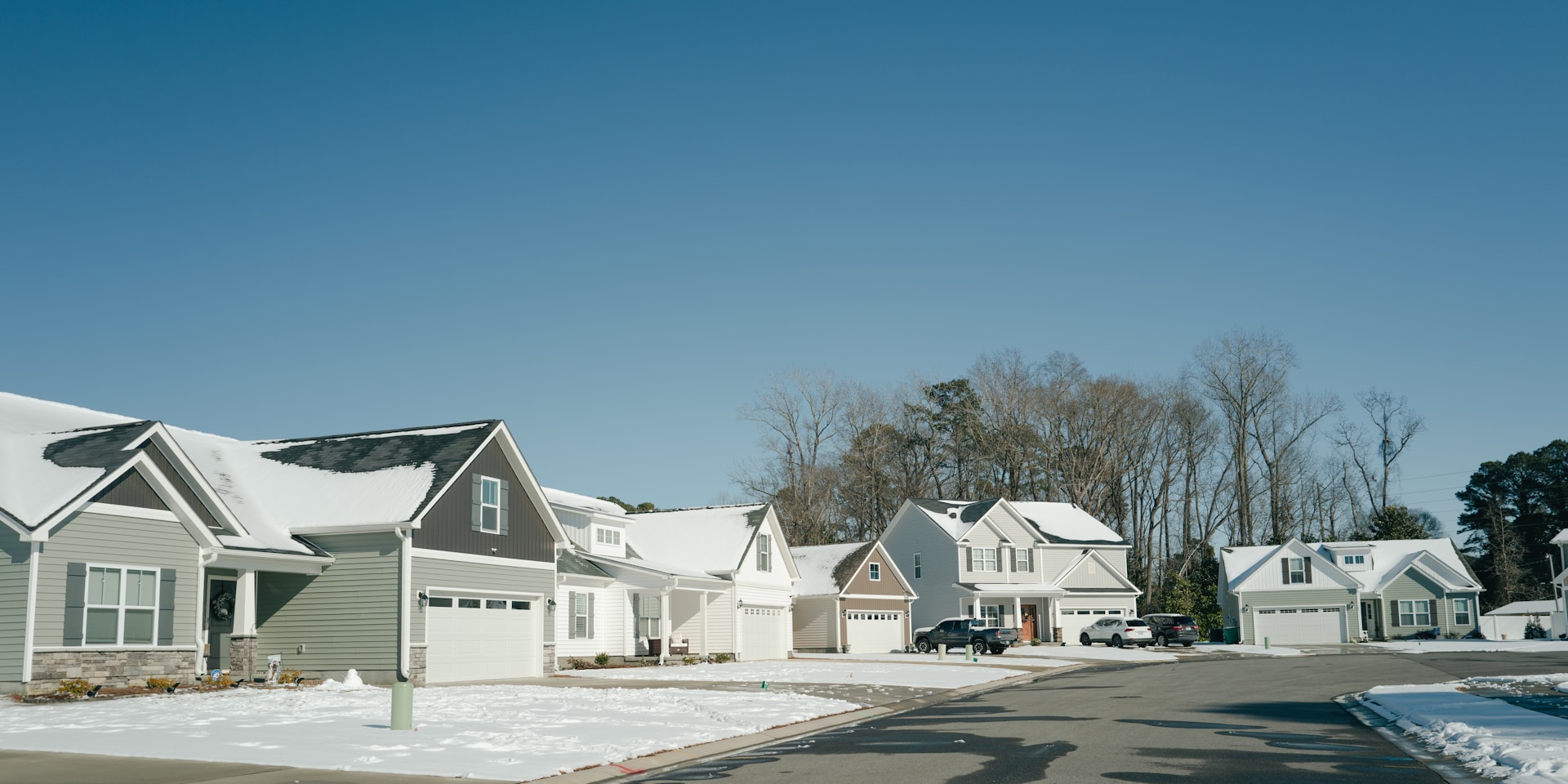American homeowners are currently holding a record $35 trillion in home equity, a 75% surge since early 2020, largely due to soaring property values. This substantial increase has more than doubled the equity accumulated before the 2008 housing crisis, highlighting a significant shift in household wealth.
While this burgeoning equity enhances the net worth of many homeowners, it also introduces financial challenges. Rising property valuations have led to increased property taxes, placing additional financial burdens on homeowners. Moreover, higher interest rates have made borrowing against home equity more expensive, discouraging many from tapping into this resource.
The distribution of this wealth is uneven, primarily benefiting older homeowners who purchased properties before the recent price surge. In contrast, younger potential buyers face affordability issues, as escalating home prices coupled with higher mortgage rates have made homeownership less attainable.
Despite the substantial equity gains, many homeowners are reluctant to leverage their homes for additional financing. The fear of accruing debt at higher interest rates and the desire to maintain financial stability deter them from accessing this wealth. Consequently, the anticipated boost to consumer spending from increased home equity has not fully materialized, impacting broader economic growth.
In summary, while the surge in home equity has bolstered the financial profiles of many American homeowners, it has also introduced complexities. Rising property taxes and borrowing costs, coupled with affordability challenges for prospective buyers, underscore the nuanced impact of this unprecedented growth in housing wealth.


